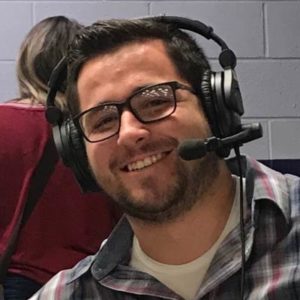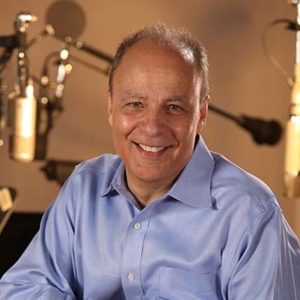Outlaws getting quick justice from a mob. Enslaved people suffering in a supposedly free state. Immigrants making new lives in small towns and big cities. Lingering questions about Abraham Lincoln’s coffin.
Those stories and many others will be told next month at the 2017 Conference on Illinois History, which takes place Oct. 5-6 at the Abraham Lincoln Presidential Library and Museum.
The price is $90 to attend both days or $50 for a single day. (The student prices are $45 and $25.) There’s also an option for people who want to attend but don’t have a full day to spare. They can attend the luncheon sessions are $15 each. The conference includes a reception Thursday evening in the Lincoln museum.
To register, visit www.PresidentLincoln.illinois.gov and click on “special event reservations.” See the conference program athttps://bit.ly/2017historyconference.
The Thursday lunch features Stuart Layne, executive director of the Illinois Bicentennial Commission. A seasoned marketing and communications executive, Layne will discuss bicentennial projects underway now and coming in 2018.
The speaker at Friday’s lunch session will be Louise Bernard, director of the Museum of the Obama Presidential Center.Bernard, formerly the director of exhibitions at the New York Public Library, will discuss what is planned for the Obama Presidential Center in Chicago.
Sessions on Thursday and Friday will discuss:
· Bandits who terrorized Ogle County in the 1830s until “The Regulators” formed to stop them
· Waves of immigration that shaped Lemont, and the experiences of Puerto Rican immigrants in Chicago
· The centennial of East St. Louis riots in which white mobs attacked African-Americans
· The FBI’s efforts to infiltrate groups on both the left and the right during the 1960s
· Laws that allowed slavery in Illinois for decades after statehood
· The mystery of who made and paid for Lincoln’s coffin, and what materials were used.
The conference also includes sessions designed specifically for teachers interested in learning new ways to explore history in the classroom. Participating teachers can earn professional-development credit.










